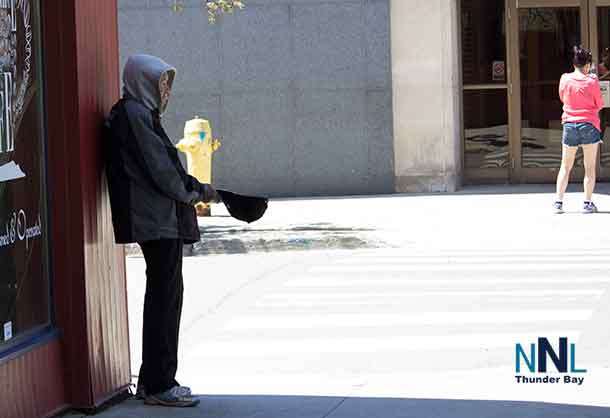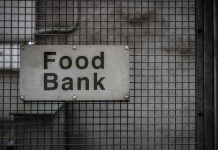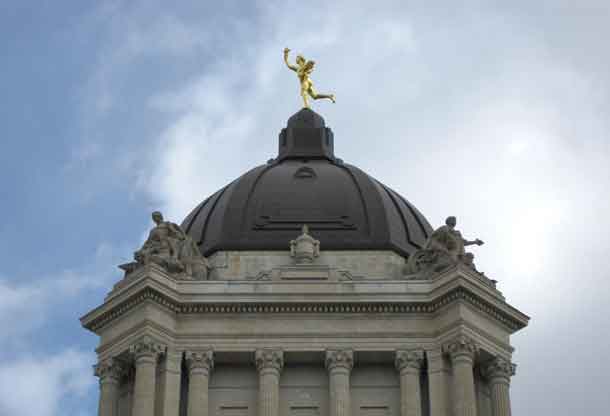
THUNDER BAY – Ontario is working with Indigenous partners to deliver 14 projects that will help people break the cycle of poverty, increase access to safe and nutritious food, find good jobs and end homelessness, while meeting the unique challenges and needs of First Nation, Métis, and Inuit peoples.
Peter Milczyn, Minister of Housing and Minister Responsible for the Poverty Reduction Strategy, was in Thunder Bay today to make the announcement.
Kinna-aweya Legal Clinic will receive support to help vulnerable people get the identification they need to access housing, income support, education, banking services, employment or government benefits and services. This program will cover the upfront cost of applications and will help people complete forms by gathering the required information. The clinic will also provide ongoing case management and referrals to appropriate community and governmental services and benefits.
Nishnawbe Aski Nation (NAN) will receive support to provide resources to multiple NAN communities that are working to increase access to safe and nutritious food through the Kiitigaan Megwe-Nishnawbe, or Good Things Growing Among People program, to develop ways to measure the effectiveness of culturally appropriate Indigenous food systems evaluation practices. Local food developers will help each community determine how and what they measure to guide their community food practices and innovations.
In total, 14 projects are being funded through Ontario’s Local Poverty Reduction Fund. Part of this funding supports data collection, which will help develop more effective poverty reduction programs across the province.
Working together with Indigenous partners to reduce poverty is one of many steps on Ontario’s journey of healing and reconciliation with Indigenous peoples. It reflects the government’s commitment to work with Indigenous partners and create a better future for everyone in the province.
Quick Facts
- Kinna-aweya Legal Clinic will receive more than $200,000 to implement the Awenen Niin Identification Program.
- Nishnawbe Aski Nation is receiving more than $800,000 for this program.
- Ontario is investing more than $16 million in 48 projects in communities across Ontario, including over $6 million in 20 employment and income security projects, more than $5 million in 14 projects from Indigenous-led organizations, $3 million in 12 projects that are homelessness-related, and more than $4.5 million in 14 projects that are related to food security.
- These projects focus on local community partnerships and include a third-party evaluation component, which is important because better data will help communities develop better solutions to increasing food security, reducing child poverty and homelessness, and helping people find jobs and earn a stable income.




